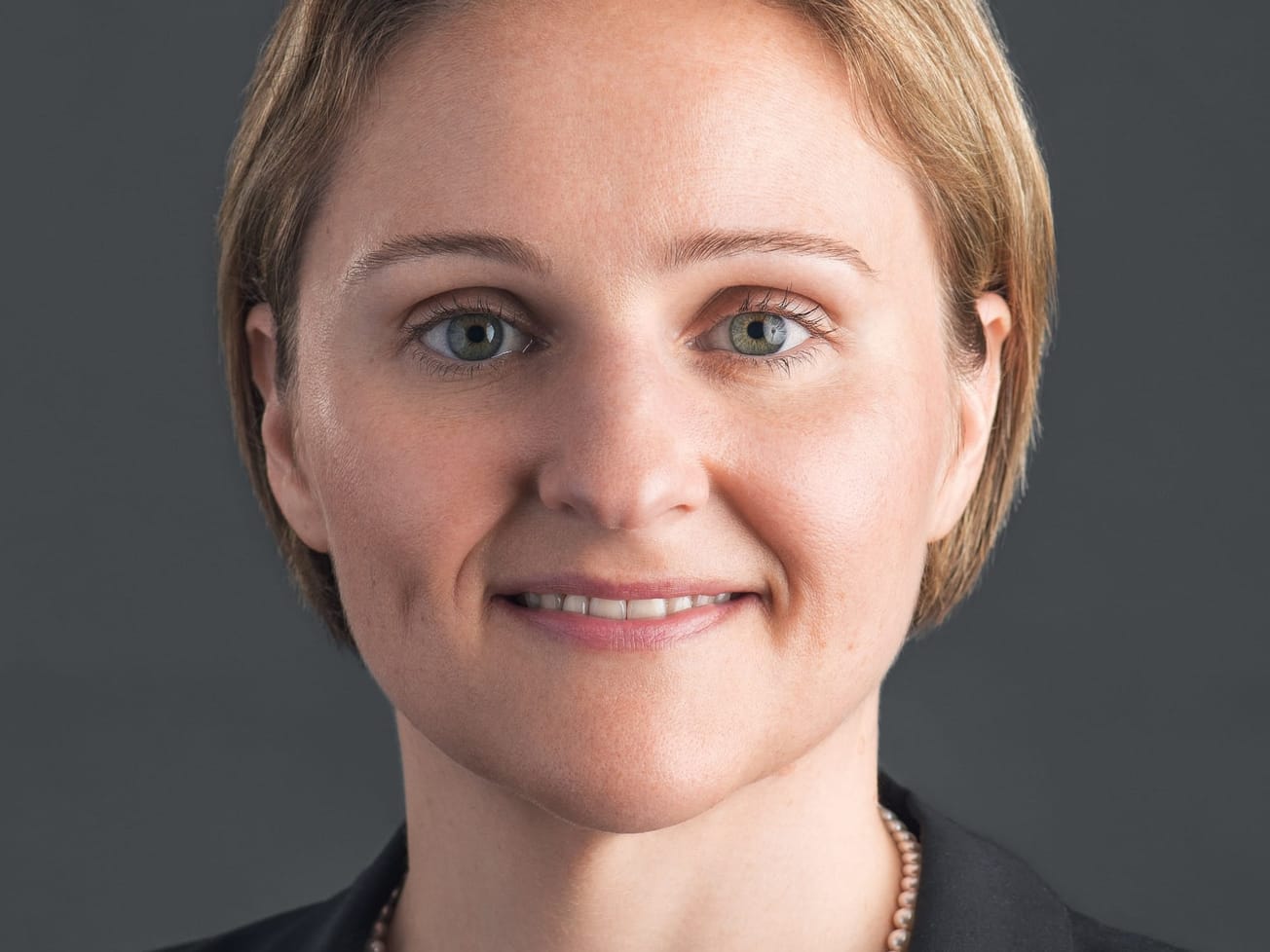On Sept. 10, the Arts, Entertainment and Media Industries (AEMI) coalition announced a new policy agenda, entitled Reimagining Federal Support for the Arts and Public Media. The plan outlines ways in which the federal government can support nonprofit arts and public media.
AEMI is a group within the Department for Professional Employees (DPE), which is a collective of 24 unions that represent more than four million professional and technical employees. AEMI includes Actors’ Equity Association, American Federation of Musicians, American Guild of Musical Artists, American Guild of Variety Artists, Stage Directors and Choreographers Society and International Alliance of Theatrical Stage Employees.
“Informed by the experiences of our members, we believe that reimagining federal support for the arts and public media will require strengthening labor protections and, not only increasing NEA [National Endowment for the Arts], NEH [National Endowment for the Humanities] and CPB [Corporation for Public Broadcasting] funding, but also including a greater worker voice in grantmaking and modernizing grantmaking rules,” the new agenda reads.
AEMI advocates for federal arts, humanities and public media funding that includes labor protections. The agenda lists necessary actions that include strengthening the NEA and NEH wage requirement by allowing civil cases and monetary penalties when that requirement is violated.
The coalition also calls for the government to “prioritize seats for worker advocates on the National Council of the Arts, the National Council on the Humanities and the CPB’s board of directors.” This would allow for professionals working in the arts and media to have input into grantmaking. The coalition’s concern is that without the voice of actual workers, organizations often make decisions about distribution of funds and cutting costs — which impact the quantity (and quality) of these workers’ jobs.
Additionally, AEMI demands change in grantmaking. Currently, grants are awarded to specific projects in, what are considered, “smaller-dollar” amounts. The group wants the government to “authorize larger-dollar general-operating grants” that would allow the funds to support organizations, not just projects, and in bigger sums.
DPE president Jennifer Dorning said in a statement, “I’m excited to share this policy agenda, which is informed by the lived experiences of AEMI union members who have a unique vantage point on what’s needed to best support this vital sector due to the work they perform everyday.”
AEMI has shared this agenda with congressional offices and the Biden-Harris administration.
According to the group, the immediate focus is securing increased funding for the NEA, NEH and CPB in the coming fiscal year. They will also use this agenda to facilitate conversations with policy makers about their approach to reimagining federal support for the nonprofit arts and public media so that they are ready to advance these initiatives when there are appropriate opportunities.


























































